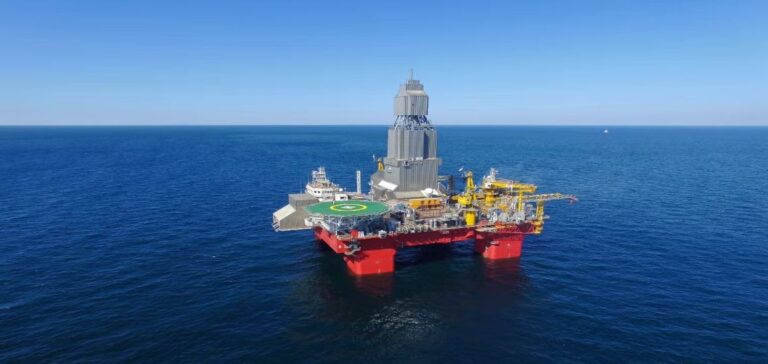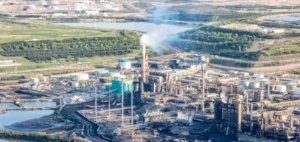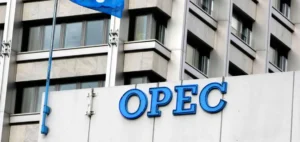French energy group TotalEnergies has announced the sale of its non-operated 12.5% stake in the offshore Bonga oil field in Nigeria to the local subsidiary of British company Shell. The transaction is valued at $510mn (€452mn), according to a statement issued on May 29.
Located approximately 120 kilometres south of the Nigerian coastline, the Bonga field is part of block OML 118, operated in partnership with the Nigerian state. The deal increases Shell’s share in the project from 55% to 67.5%, further consolidating its presence in deepwater exploration and production in the region.
Significant and strategic production
TotalEnergies’ attributable production from the Bonga field amounted to around 11,000 barrels of oil equivalent per day in 2024. The field, considered one of the country’s major offshore developments, has a production capacity estimated at 250,000 barrels per day.
The divestment is part of TotalEnergies’ strategic reorientation towards assets regarded as technically efficient and cost-effective. Nicolas Terraz, Chief Executive Officer for Exploration and Production, stated that the decision aimed to “lower the cash breakeven” and to refocus on projects with lower emissions and reduced costs.
Focus on operated assets
Nigeria remains a key country for TotalEnergies’ hydrocarbon production, contributing 219,000 barrels of oil equivalent per day in 2023. The group is currently developing the Ubeta project there, intended to maintain gas supply for the Nigeria LNG liquefaction plant.
Shell, meanwhile, is increasing its exposure to deepwater assets in the country. According to Shell executive Peter Costello, the acquisition represents “a new major investment in Nigeria’s deepwater,” with the aim of sustaining hydrocarbon production and supporting the group’s upstream portfolio growth.
The transaction is expected to close by the end of the year, subject to approval from relevant authorities and contractual partners. No details have been provided regarding the tax or contract terms linked to the sale.






















